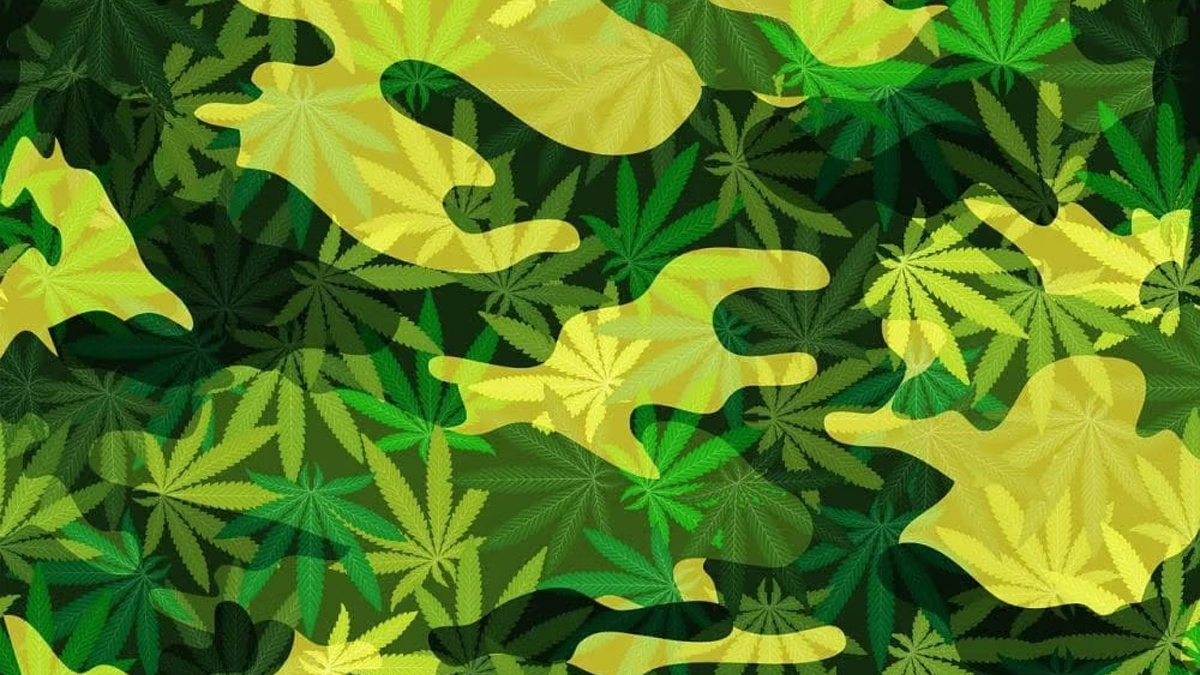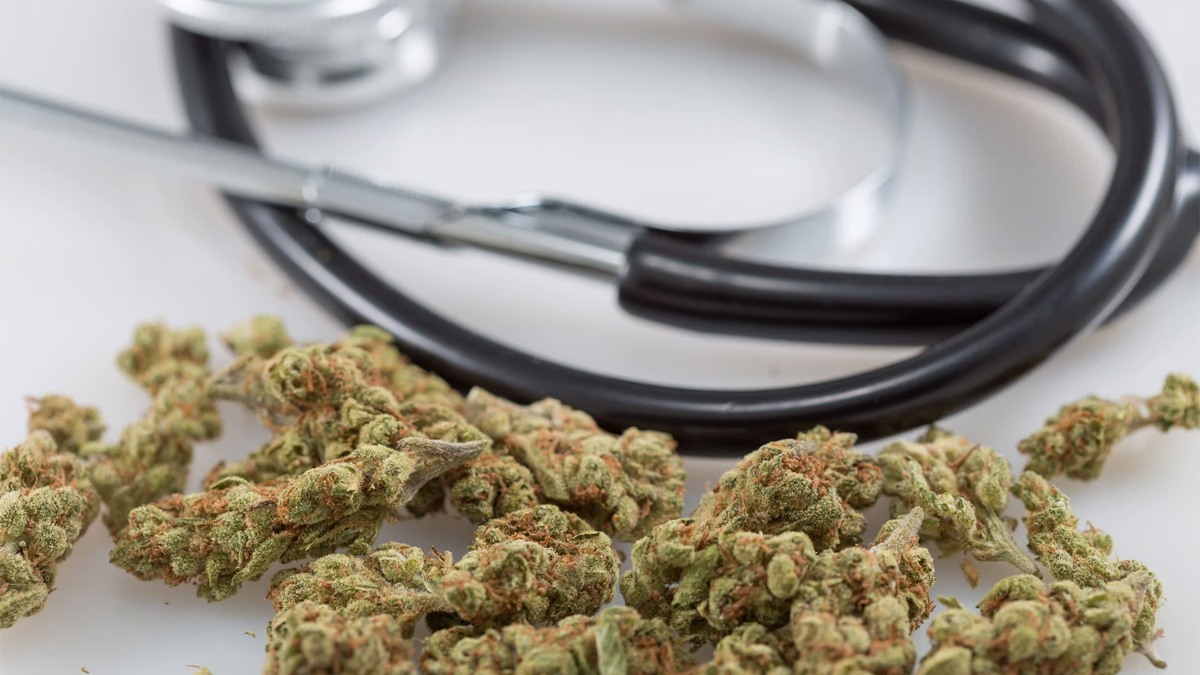Image element courtesy of Marco Verch.
An NFL player is suing the league and his former team the Denver Broncos for alleged employment discrimination after he was fined more than half a million dollars for testing positive for THC that he says was caused by his prescribed use of a synthetic cannabinoid.
Randy Gregory filed a lawsuit in a Colorado district court last week, asserting that the league and the Broncos violated the Colorado Anti-Discrimination Act (CADA) by penalizing him for using the Food and Drug Administration- (FDA) approved cannabis medication dronabinol to treat anxiety, post-traumatic stress disorder (PTSD) and pain.
While the NFL and its players union agreed to end the practice of suspending players over marijuana or other drugs as part of a collective bargaining agreement in 2020, it’s continued to fine players over positive THC tests. For the first through third positive test, the fine is half a week’s salary; a fourth and each subsequent positive test is punishable by a fine equal to three week’s salary.
“Thus, if Mr. Gregory takes his medication as prescribed, he is fined seventy-five percent (75 percent) of his salary and earns twenty-five percent (25 percent),” the court filing, previously reported by NBC News, says. Since the time that the NFL rejected his request for an accommodation to use the synthetic THC medication in May 2023, he paid out $532,500 in penalties.
“Mr. Gregory is entitled to the full protection of Colorado anti-discrimination laws. The NFL and Broncos ignored Colorado State law and have refused to engage, in good faith, in the interactive process with Mr. Gregory,” the lawsuit says. “It is a violation of CADA for the NFL and the Broncos to financially penalize Mr. Gregory for consuming prescribed Dronabinol to treat his disabilities, while simultaneously benefiting from his continued employment. The NFL and the Broncos are not above the law.”
Attorneys for Gregory also pointed out that the cannabis-based drug is “an alternative to opioids and benzodiazepines, which are fraught with significant side effects and addiction issues.”
The NFL itself has committed significant funding to research into whether CBD can serve as an effective opioid alternative, and it’s also explored the therapeutic potential of the non-intoxicating cannabinoid for pain management and neuroprotection from concussions.
A commissioner of the NFL and the league’s players union previewed the funding plan in June 2022, emphasizing the strong interest among players and other stakeholders. The joint NFL-NFLPA committee also held two informational forums on CBD in 2020.
But despite the fact that dronabinol is legal at both the state and federal level as an FDA-approved medication, the league has not carved out an exemption to its THC rule, prompting him to file a charge of discrimination first with the Colorado Civil Rights Division before moving forward with the lawsuit.
“Mr. Gregory is entitled to damages including, but not limited to, repayment of the monetary fines that Mr. Gregory was required to pay including interest to the fullest extent permitted by law in an amount to be determined at trial,” the suit says. “Mr. Gregory is entitled to damages and relief to the fullest extent permitted by law in an amount to be determined at trial.”
Meanwhile, other sports leagues have similarly adopted revised marijuana policies as the state-level cannabis legalization movement continues to spread.
For example, a collegiate athletics proposal from earlier this year would remove marijuana from the list of substances included in drug screenings for National Collegiate Athletic Association (NCAA) championship competitions, with officials set to vote on the matter this month.
The plan would build on a 2022 change that increased the allowable THC threshold for college athletes, aligning NCAA’s rules with those of the World Anti-Doping Agency (WADA).
The Ultimate Fighting Championship (UFC) announced in December that it is formally removing marijuana from its newly modified banned substances list for athletes, also building on an earlier reform.
However, ahead of a UFC event in February, a California athletics commission said they could still face penalties under state rules for testing positive for THC over a certain limit, as the state body’s policy is based around WADA guidance.
Nevada sports regulators voted last year to send a proposed regulatory amendment to the governor that would protect athletes from being penalized over using or possessing marijuana in compliance with state law.
While advocates have welcomed these changes, there’s been criticism of WADA over its ongoing cannabis ban. Members of a panel within the agency said in an opinion piece last August that marijuana use by athletes violates the “spirit of sport,” making them unfit role models whose potential impairment could put others at risk.
Advocates strongly urged WADA to enact a reform after U.S. runner Sha’Carri Richardson was suspended from participating in Olympics events due to a positive THC test in 2021.
Following that suspension, the U.S. Anti-Doping Agency (USADA) said that the international rules on marijuana “must change,” the White House and President Joe Biden himself signaled that it was time for new policies and congressional lawmakers amplified that message.
Kyle Jaeger via (https://www.marijuanamoment.net/nfl-sued-by-player-who-was-fined-over-500000-for-positive-thc-tests-caused-by-prescribed-cannabis-medication/)
Keep out of reach of children. For use only by adults 21 years of age and older.










